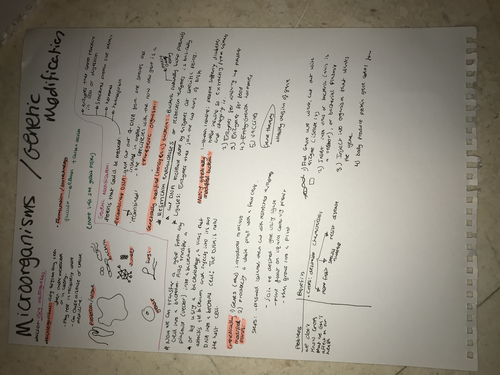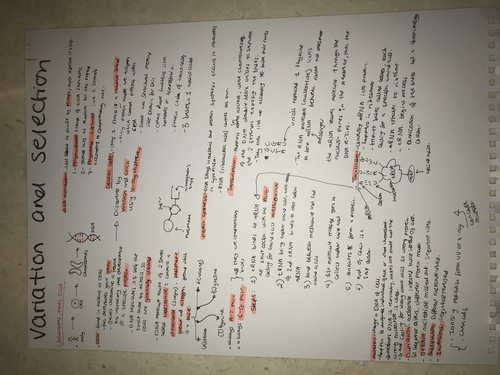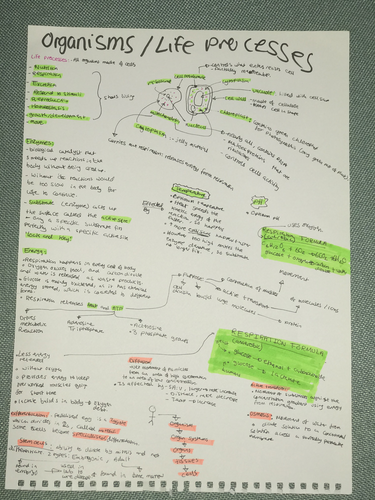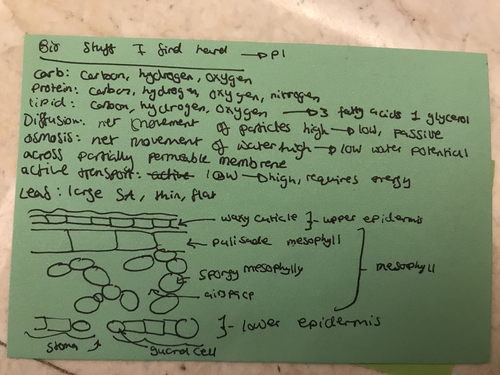Journey to an A star
Medical Student with A*s in both GCSE and A-level. They include posters and flashcards, specifically for IGCSE Edexcel, as well as AQA GCSE which will benefit many others. As well As International Alevel EDEXCEL and CIE helping students excel in their revision and exams.












